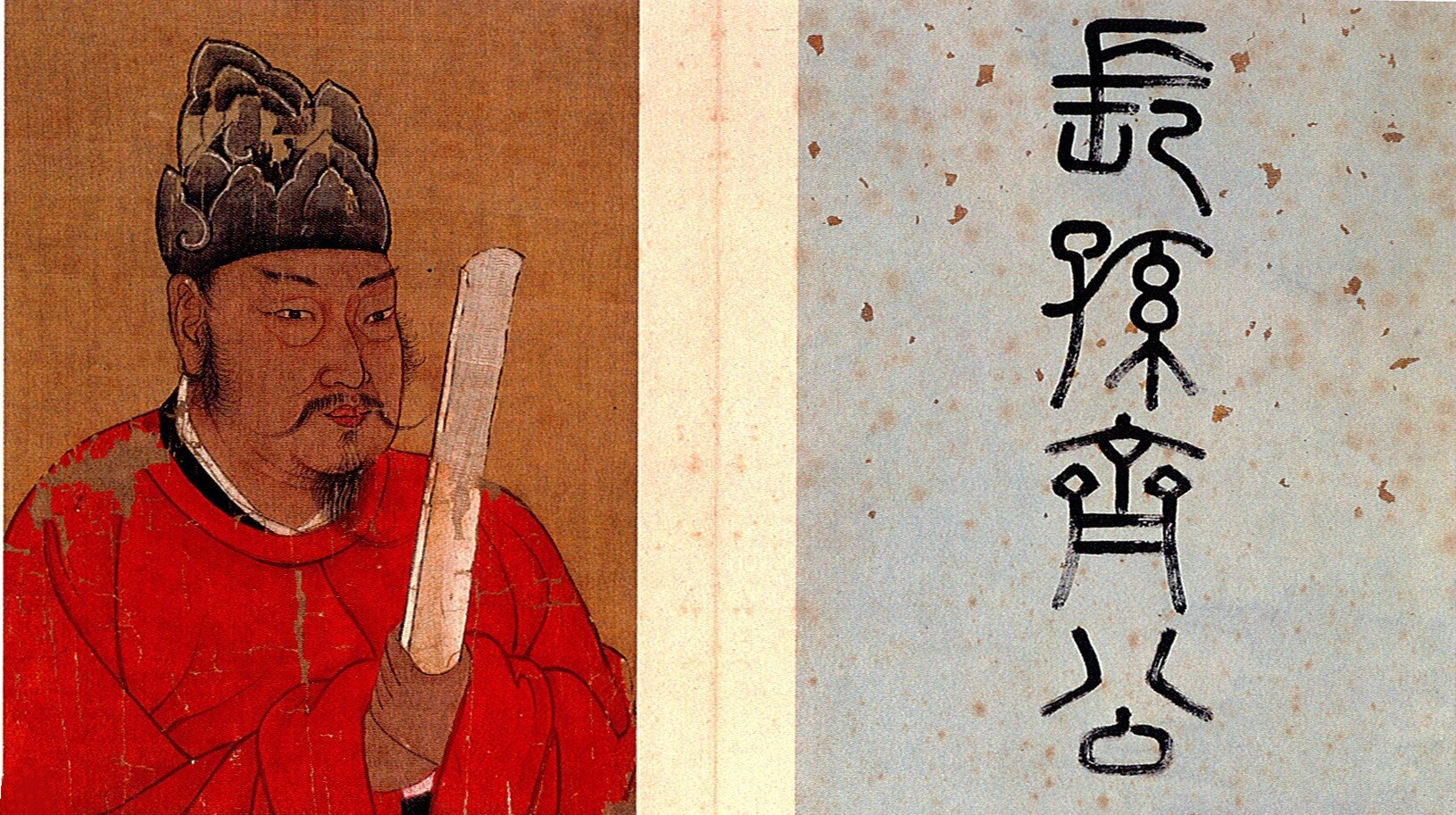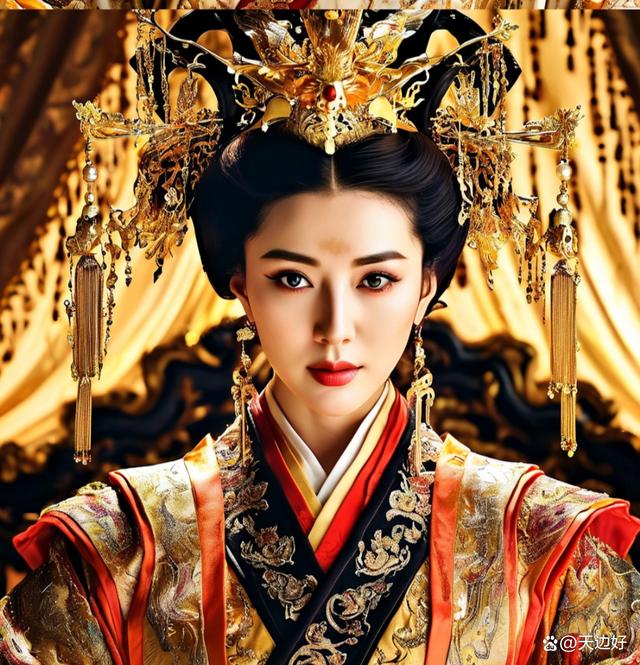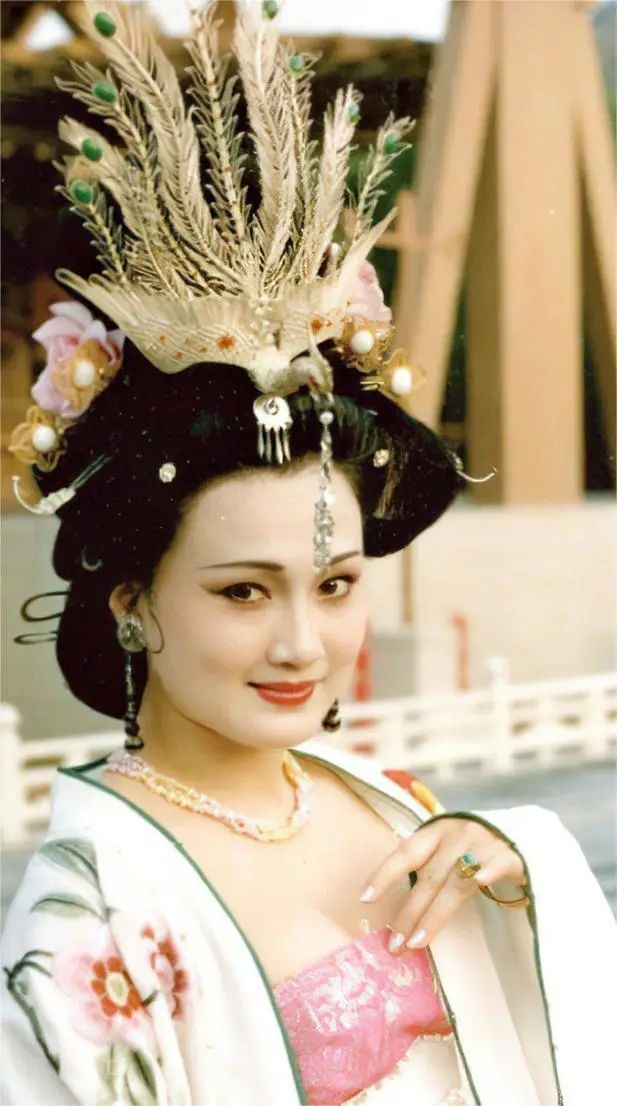Do you really understand Jie Jin’s story? Today, the history encyclopedia editor brings you a brand new interpretation~
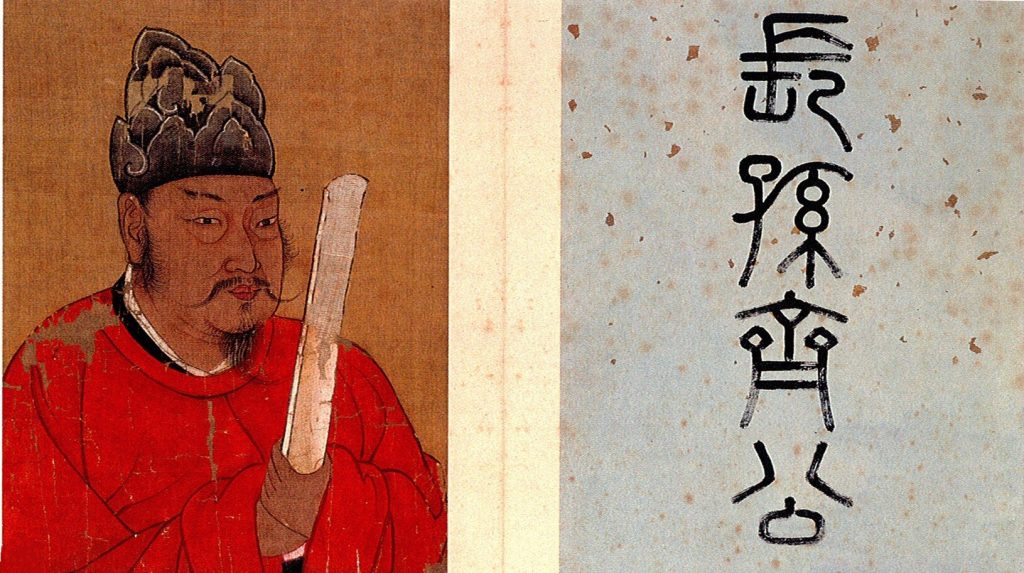
We all know about the Four Great Talented Scholars of Jiangnan: Tang Bohu, Wen Zhengming, Zhu Yunming, and Xu Zhenqing. However, compared to the “Three Great Talented Scholars of the Ming Dynasty”, these Four Great Talented Scholars are considered to be young and talented. In the year 276 of the Ming Dynasty, the Three Great Talented Scholars were the most knowledgeable and talented. They were Jie Jin, Yang Shen, and Xu Wei. Today, we will introduce Jie Jin, a genius of the Ming Dynasty and the editor in chief of the “Yongle Encyclopedia”.
Jie Jin, a native of Jishui, Ji’an Prefecture, Jiangxi Province, was born into a scholarly family and was exceptionally intelligent from a young age. He is a renowned child prodigy, able to remember poems taught by his father at the age of 5, write articles and poems at the age of 7, memorize thousands of words of articles at the age of 10, read the Four Books and Five Classics at the age of 12, and even integrate their meanings. He is truly a genius of heaven!
Jie Jin’s life has been full of ups and downs. At the age of 18, he participated in the Jiangxi township examination and ranked first; At the age of 19, Zhu Yuanzhang went to Beijing to participate in the imperial examination and passed the imperial examination. Zhu Yuanzhang highly valued this famous scholar and praised his talent. However, Jie Jin had a very upright personality and offended many officials. Therefore, Zhu Yuanzhang asked him to first go home and temper himself before entering the officialdom. Thus, Jie Jin stayed at home for 8 years. Later, Zhu Yuanzhang passed away and Emperor Jianwen came to power. Zhu Di launched the Jingnan Campaign and seized the world of his nephew Zhu Yunwen.
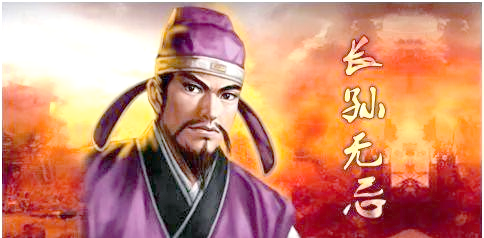
After Zhu Di became emperor, he established the cabinet system, appointing the renowned and talented Jie Jin as the head of the cabinet below one person and above ten thousand people. Zhu Di appreciated Jie Jin very much. At that time, Zhu Di had a headache about which son to choose as the heir to the throne. According to the system of eldest son succession, the eldest son Zhu Gaochi should be the heir. However, Zhu Gaochi was short, fat, cowardly, and a cripple, and Zhu Di did not like him; However, his second son Zhu Gaoxu was tall and powerful, very brave in battle, and very similar to Zhu Di. The civil officials recommended Zhu Gaochi, and the military generals recommended Zhu Gaoxu. Zhu Di hesitated, so he consulted the talented scholar Jie Jin.
Jie Jin is indeed a talented scholar, but he did not understand that discussing the establishment of a royal heir is a taboo for officials. With a straightforward personality, he suggested that Zhu Di appoint Zhu Gaochi as his successor, because it has been a rule since ancient times to appoint a legitimate eldest son. If the rule is broken, there may be future troubles. Did Zhu Di not understand this principle? He still couldn’t make up his mind. At this moment, Jie Jin said three words: “Good Holy Sun!” Upon hearing this, Zhu Di immediately made up his mind to appoint Zhu Gaochi as his successor, because Zhu Gaochi had a good son named Zhu Zhanji, who was deeply loved by Zhu Yuanzhang. Therefore, he asked Jie Jin to write a decree to establish the heir. In this way, Jie Jin offended Zhu Gaoxu and planted the seeds of his own death. Zhu Gaoxu deeply despised him!
Later, Zhu Gaochi became the crown prince, and his performance made Zhu Di very dissatisfied, while Zhu Gaoxu was favored by Zhu Di. Jie Jin advised that Zhu Di’s actions were inappropriate. This angered Zhu Di, who thought that Jie Jin was sowing discord between their father and son, and gradually began to distance himself from Jie Jin. Later, Zhu Di found an excuse to demote Jie Jin to Annam, which is now Vietnam.
In the eighth year of the Yongle reign, Jie Jin went to the capital to report on matters. Coincidentally, Zhu Di did not return from his northern expedition, so he reported to Crown Prince Zhu Gaochi. After Zhu Gaoxu told Zhu Di, Zhu Di was furious and ordered the Jinyiwei to arrest Jie Jin and imprison him on the charge of “no official etiquette”, but he was not executed. Jie Jin spent five years in prison.
In the thirteenth year of the Yongle reign, Zhu Di saw the name of Jie Jin on the list of prisoners and said, “Is Jie Jin still alive?” Zhu Di’s meaning was to let Jie Jin die. Therefore, the Jinyiwei ordered the officials to intoxicate Jie Jin, bury him in the snow, and freeze him to death. The great scholar Jie Jin died at the age of only 47, and his wife, children, and clan were all exiled to Liaodong.
